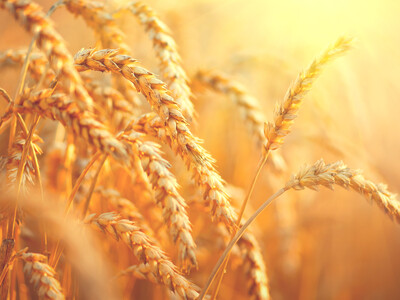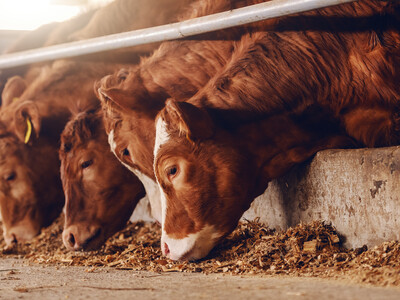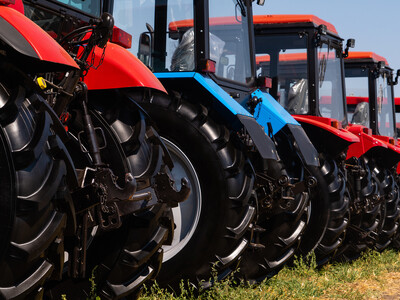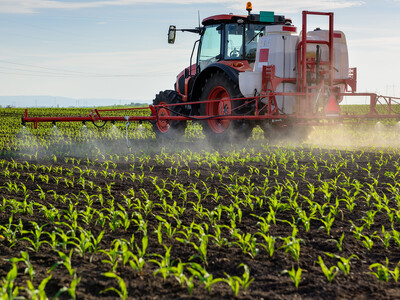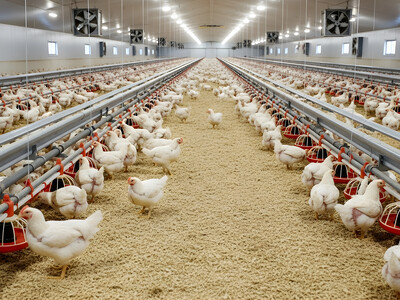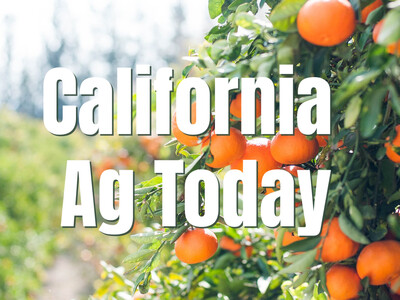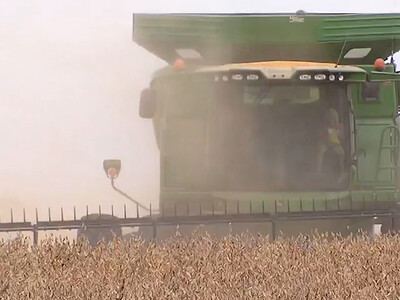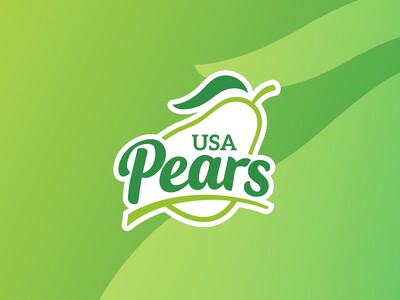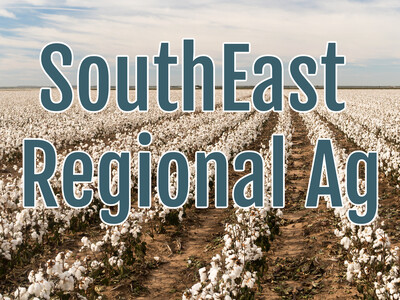Safe Food Handling for Summer
Safe Food Handling for Summer. I’m Greg Martin with today’s Line On Agriculture.
Now that summer has officially arrived and with the holiday weekend behind us, everyone is doing a lot more outdoor cooking and eating. Proper food handling and preparation is never more important than this time of the year. The potential for food borne illness increases in July and August as people enjoy barbecues, picnics, and camping trips. With outbreaks and recalls in the news this past year, people are more aware of what they eat and how they handle their food. That helps as we head into the summer, according to the Oregon Department of Agriculture’s Food Safety Specialist Susan Kendrick.
KENDRICK: Particularly with the raw produce outbreaks, the thing we'd like to emphasize is wash the produce when you get home. Even if it's a cantaloupe, for instance, that you are not going to eat the exterior rind of the cantaloupe, it's still a great idea to wash it before you eat it because you are going to slice into it.
Melons are grown on the ground where the rind can come into contact with animal waste used as fertilizer. Meanwhile, thoroughly cooking meat is critically important. So is avoiding the possibility of cross-contamination between raw meats and ready-to-eat foods. Not having a sink with running water nearby or a refrigerator for leftovers is also a consideration during the summer.
KENDRICK: It's really good if you don't leave the food out for more than two to three hours. If you are camping and using a cooler, it would be great not to have leftovers or just throw out what is left over because it's just really hard to bring that temperature down rapidly in a cooler.
Most summer food safety recommendations are just common sense. As long as people are careful about how food is handled, prepared, and stored, campouts, picnics, and barbecues can be fun, safe, and delicious. Kendrick says there is a little more food safety concern during the summer months.
KENDRICK: The number of food borne outbreaks typically goes up in the summertime, probably because people are eating outside, cooking more, their habits are a little bit different in the summer. You might have a different family member that's out running the barbecue than would normally be preparing food in the house.
Kendrick says there are a few targeted summer foods to be careful with.
KENDRICK: The meats- getting those thoroughly cooked, that's always a concern. Once you've cut into certain things like melons and tomatoes, they really need to be held under refrigeration because we know there's a risk there. We've had experience with illnesses from those types of products.
That’s today’s Line On Agriculture. I’m Greg Martin on the Northwest Ag Information Network.




